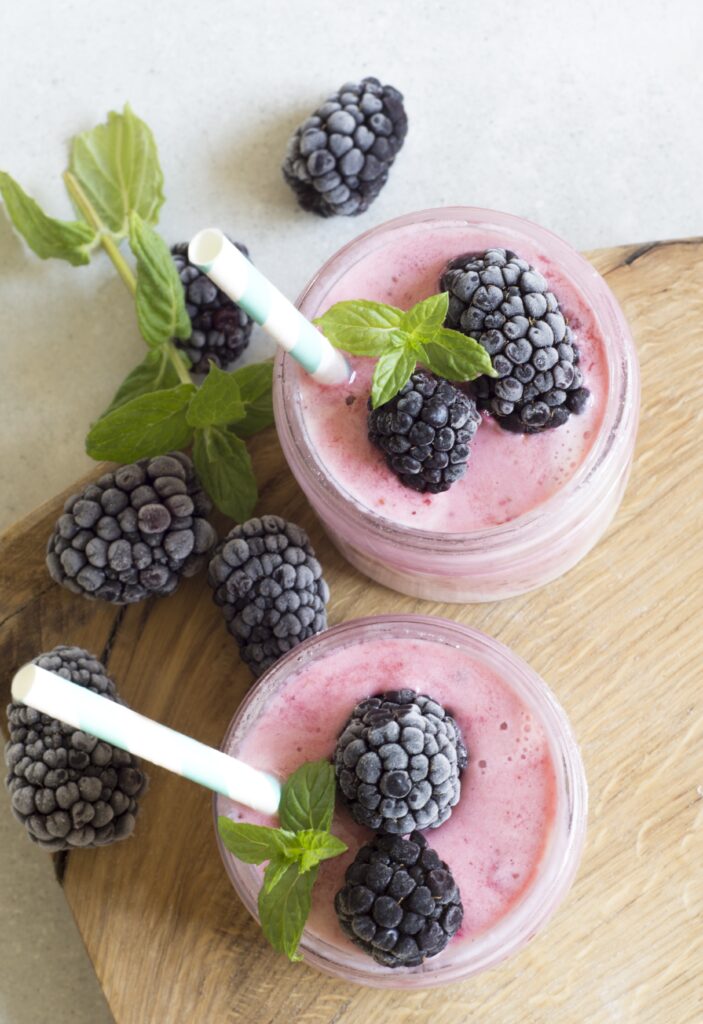Sugar is a common ingredient in many foods and drinks, but it can also have negative effects on our health, such as weight gain, diabetes, and heart disease. To avoid these problems, some people use sugar alternatives, also known as artificial sweeteners, to sweeten their food and beverages. But are these substitutes really safe and beneficial?
What are sugar alternatives?
Sugar alternatives are substances that taste sweet but have fewer or no calories than sugar. They are often used in products labeled as sugar-free, diet, or low-carb. There are three main types of sugar alternatives:
- Artificial sweeteners: These are synthetic chemicals that are much sweeter than sugar, such as aspartame, saccharin, sucralose, and stevia. They do not contain calories or sugar, but they also do not have any nutritional value.
- Sugar alcohols: These are natural or modified carbohydrates that are less sweet than sugar, such as sorbitol, xylitol, and erythritol. They contain some calories and may have a laxative effect if consumed in large amounts.
- Novel sweeteners: These are natural substances that are derived from plants or other sources, such as monk fruit, yacon syrup, and tagatose. They vary in their sweetness, calorie content, and health effects.
What are the benefits of sugar alternatives?
The main benefit of sugar alternatives is that they can help people reduce their intake of added sugars, which can contribute to obesity, diabetes, and heart disease. Sugar alternatives can also help people manage their blood sugar levels and prevent tooth decay.
Some studies have suggested that sugar alternatives may have other benefits, such as:
- Improving appetite control and satiety1
- Enhancing cognitive performance and mood2
- Preventing kidney stones and urinary tract infections3
However, these benefits are not conclusive and may depend on the type and amount of sugar alternative used.
What are the risks of sugar alternatives?
Despite their popularity, sugar alternatives are not without controversy. Some studies have raised concerns about their potential health risks, such as:
- Increasing the risk of cancer4
- Altering the gut microbiome and metabolic health
- Promoting food cravings and insulin resistance
- Causing headaches, allergic reactions, and behavioral problems
However, these risks are not definitive and may vary depending on the individual’s sensitivity and consumption of sugar alternative.
How much sugar alternative is safe to consume?
The safety of sugar alternatives is regulated by the U.S. Food and Drug Administration (FDA), which sets the acceptable daily intake (ADI) for each type of sugar alternative. The ADI is the amount of a substance that a person can safely consume every day over a lifetime without adverse effects.
The ADI for some common sugar alternatives are:
- Aspartame: 50 milligrams per kilogram of body weight per day
- Saccharin: 5 milligrams per kilogram of body weight per day
- Sucralose: 5 milligrams per kilogram of body weight per day
- Stevia: 4 milligrams per kilogram of body weight per day
- Xylitol: 40 grams per day
To put these numbers into perspective, a 150-pound person can safely consume about 15 packets of aspartame, 9 packets of saccharin, 23 packets of sucralose, 12 packets of stevia, or 10 teaspoons of xylitol per day.
However, these amounts are not recommendations or limits. They are only estimates based on animal studies and may not reflect the optimal intake for human health. Moreover, some people may be more sensitive or allergic to certain sugar alternatives and should avoid them altogether.
What is the best way to use sugar alternatives?
Sugar alternatives can be useful tools for people who want to reduce their sugar intake and improve their health. However, they should not be seen as magic bullets or replacements for a balanced diet. Sugar alternatives should be used in moderation and in conjunction with other healthy lifestyle habits, such as:
- Eating a variety of whole foods that provide fiber, vitamins, minerals, antioxidants, and other beneficial nutrients
- Limiting the intake of processed foods that contain added sugars, fats, salt, and artificial ingredients
- Drinking plenty of water and avoiding sugary drinks
- Exercising regularly and managing stress levels
- Consulting with a doctor or a dietitian before making any major changes to your diet
Sugar alternatives can be helpful for some people but harmful for others. The best way to use them is to be informed about their benefits and risks and to make choices that suit your individual needs and preferences.
I hope this blog post has been helpful and informative for you. If you have any questions or feedback, please feel free to leave a comment below. Thank you for reading! 😊
References:
1: Effects of stevia on appetite sensations 2: Effects of sucralose on cognitive performance 3: Effects of xylitol on urinary tract health 4: Artificial sweeteners and cancer risk : [Artificial sweeteners and gut microbiome] : [Artificial sweeteners and insulin resistance] : [Artificial sweeteners and adverse effects]
Learn more:
1. mayoclinic.org 2. hopkinsmedicine.org 3. health.harvard.edu 4. washingtonpost.com 5. mayoclinic.org 6. hopkinsmedicine.org 7. health.harvard.edu 8. washingtonpost.com

